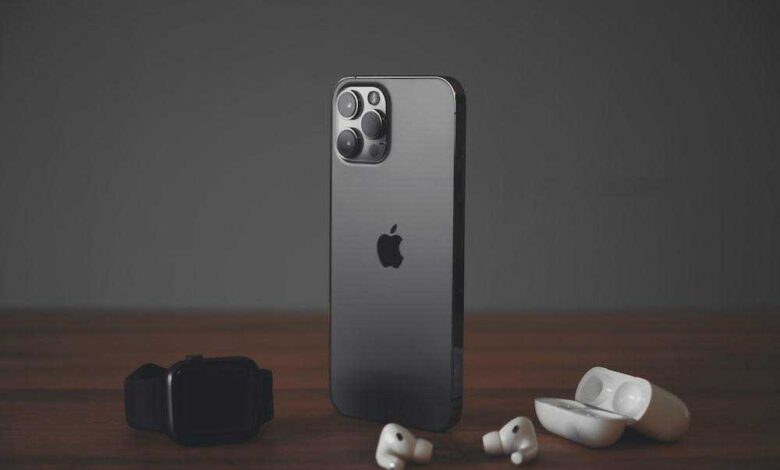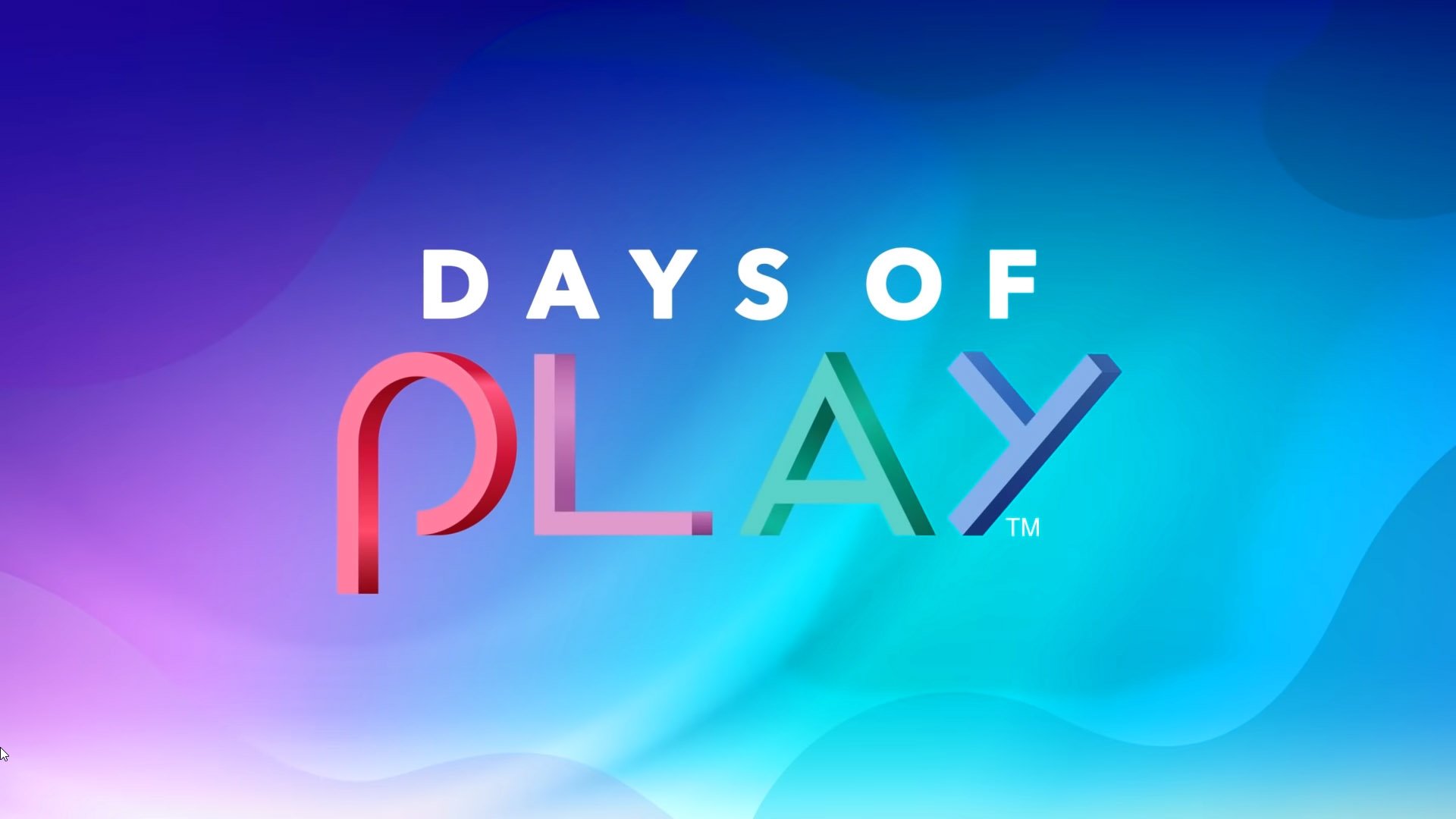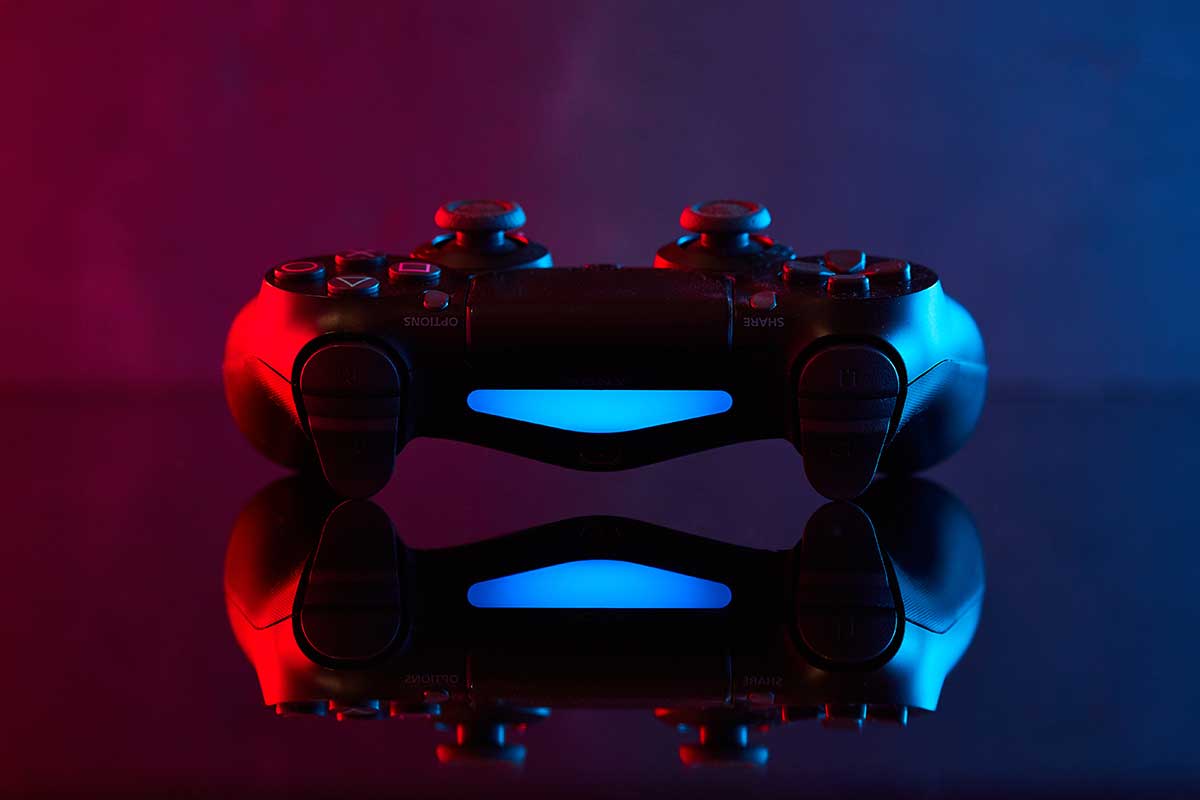How Apple Protects User Privacy Better Than Android

Everyone has a smartphone today. It is like a small portable computer that helps us connect with each other. They give us the opportunity to have instant access to information. They help us call and receive calls, and send and receive messages. Apple and Android are two dominant mobile operating systems. However, they approach the user’s privacy differently.
iPhone vs Android security is a hot topic these days. The debate between which one is better will likely go on forever. But some questions remain. Is iPhone more secure than Android? Which is more secure, the iPhone or Android? While both make efforts to increase users’ privacy, Apple is often perceived as having a more comprehensive approach. So, the answer to the question “is apple more secure than Android?” would be yes. Let’s find out more about iPhone security vs Android in the following lines.
App Store Review Process
Apple has very strict policies when it comes to the apps they give you access to. They review every app submitted to the App Store before allowing it to be downloaded by users. This process is helpful, as it allows them to filter out potentially harmful or privacy-invading apps. In contrast, the review process of the Google Play Store is less strict. So, which is more secure, the iPhone or Android? From this point of view, iPhones are way more secure as Apple gives you access only to strictly checked apps.
After finding out so many things about Apple’s strict policies, there are many users who want to switch from Android to iPhone. However, buying a new phone and transfer contacts from Android to iPhone can feel like a hassle. It might not be a pleasant process for many, but it is shadowed by the enthusiasm of having a new phone. Doing this from iPhone to iPhone is easy and you can do it instantly. You only have to follow a few steps and voila, you have your contacts, files, and apps on your new phone. But you could learn how to import contacts from Android to iPhone as technology now allows it. You can learn how to it the other way around too. You can transfer contacts from iPhone to Android in an instant with some tips and tricks you can easily find online.
App Tracking Transparency (ATT)
If you are an iPhone user, you may have noticed that a few years back, every app asked you if you allow it to track your activity across other apps too. Apple introduced the App Tracking Transparency to allow users to make this choice by themselves. This feature requires apps to ask for permission explicitly and not do it in the background without having the consent of the user. So, are iPhones secure? With this extra security feature, Apple devices are now more secure, offering users enhanced control over their data, which is precisely what one would desire. In comparison, while Android has some similar functions, it lacks the rigorous enforcement seen in Apple’s systems.
Image source: unsplash
End-to-End Encryption
Apple’s features, like FaceTime and iMessage, come with an important security measure called end-to-end encryption. This ensures that only the sender and receiver can read the content, ensuring the privacy and security of your messages and calls. Android has encryption methods too, but they are not as seamlessly integrated across the ecosystem as Apple’s.
Enhanced Privacy Features
Smartphones have evolved beyond calls and messages. We use them for web searches, emails, music, and more. As online activity intensifies, Apple is rolling out new privacy features in its systems to safeguard user data. For example, the Private Relay feature hides users’ IP addresses when browsing. The Mail Privacy Protection feature prevents senders from knowing when an email has been opened. Both of these features and many more add more layers of protection, which make Apple more secure than Android at protecting user privacy.
Longer Software Support
Another thing that is contributing to the increased privacy of users is the longer software support Apple is offering. The security updates that are made available to users are quite often and they aim to solve bugs so that you can easily keep user privacy. However, these aim to protect older devices from security vulnerabilities. This does not happen with Android devices as there are many manufacturers and models.
Final Thoughts
You probably already have a smartphone you are using every day. But as technology develops more and more, the problem of protecting your data becomes hot. There are more and more cyberattacks and identity theft and you want to be sure the devices you are using have strong user privacy methods. You might wonder, which is more secure: iPhone or Android?
Well, the answer is Apple. They have a strict review process when it comes to the apps available to you. They have an app tracking transparency that forces apps to explicitly ask for permission to track your activity across other apps. They offer longer software support that protects older devices. They constantly introduce enhanced privacy features. And, of course, offer end-to-end encryption for their services.




